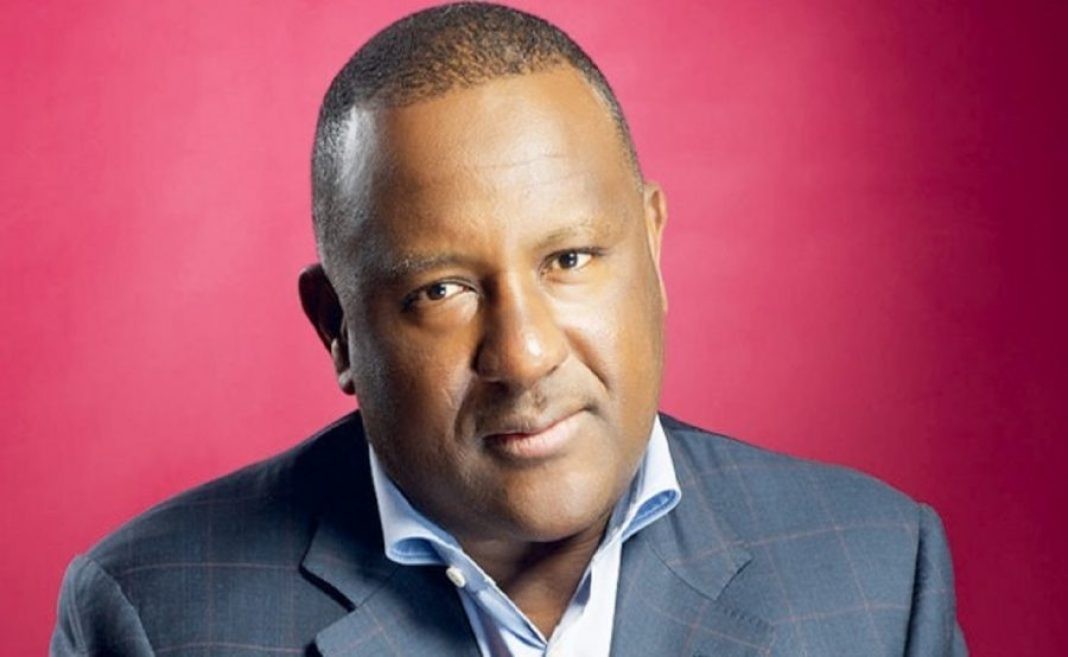The Zero to Hero Story of Abdulsamad Rabiu

For every student looking to bag a degree in business-related courses, his persistence, tenacity, uprightness, business strategy and lifestyle should be used as a case study and point of reference.
Abdulsamad was born under the proverbial lucky star; he rose from nothing to become something through sheer dint of hard work laced with doggedness.
Highly blessed with the Midas touch in business, Rabiu connotes the proverbial cat with nine lives. Despite being caught up in the country’s dwindling business climate with a hard typhoon and tsunami directed at him, he was able to weather the storm and retain his spot in the business.
Abdul Samad Rabiu’s career in business can be dated back to when he established BUA International Limited in 1988 for the sole purpose of commodity trading. BUA Group, a conglomerate concentrating on manufacturing, infrastructure, and agriculture and producing revenue in excess of $2.5 billion annually.
His major business breakthrough came in 1990, when government-owned Delta Steel Company, contracted (BUA) to supply its raw materials in exchange for finished iron products. Later that year, BUA through Rabiu, expanded further into steel, producing billets, importing iron ore, and constructing multiple rolling mills in Nigeria.
To flourish in the business terrain, especially in Nigeria, you must have the heart of Hercules, the fearlessness of Achilles, the grace of Terpsichore, the memory of Macaulay, and the hide of a rhinoceros.
After enjoying a successful take-off in business, Rabiu took an audacious business decision by acquiring Nigerian Oil Mills Limited, the largest edible oil processing company in the country. Fast forward to 2005, BUA started two flour-milling plants in Lagos and Kano. By 2008, BUA had broken an eight-year monopoly dominated by rival Dangote in the Nigerian sugar industry by commissioning the second largest sugar refinery in sub-Saharan Africa.
In 2009, the company went on to acquire a controlling stake in a publicly-listed Cement Company in Northern Nigeria and began to construct a $900 million cement plant in Edo State, completing it in early 2015. He also has a stake in BUA Oil and Mill, BUA Estate, BUA Sugar, BUA Port, and terminal and BUA cement.
In early January 2020, Rabiu merged his privately-owned Obu Cement company with listed firm Cement Co. of Northern Nigeria as the company trades on the Nigerian stock exchange with Rabiu owning a 98.5% stake.
After tenaciously trudging through that tough trial, fortune favored him again and by 2013, he was back on his feet and once more on the Forbes rich list in 2013 with a wealth estimated to be $1.2 billion.
He is a philanthropist per excellence; through his BUA Foundation, he supervised the construction of a 7,000-square-meter pediatric ward he donated at the Aminu Kano Teaching Hospital. He also constructed the Centre for Islamic Studies at Bayero University Kano amongst several other kind gestures.
Article written by Oladapo Sofowora

